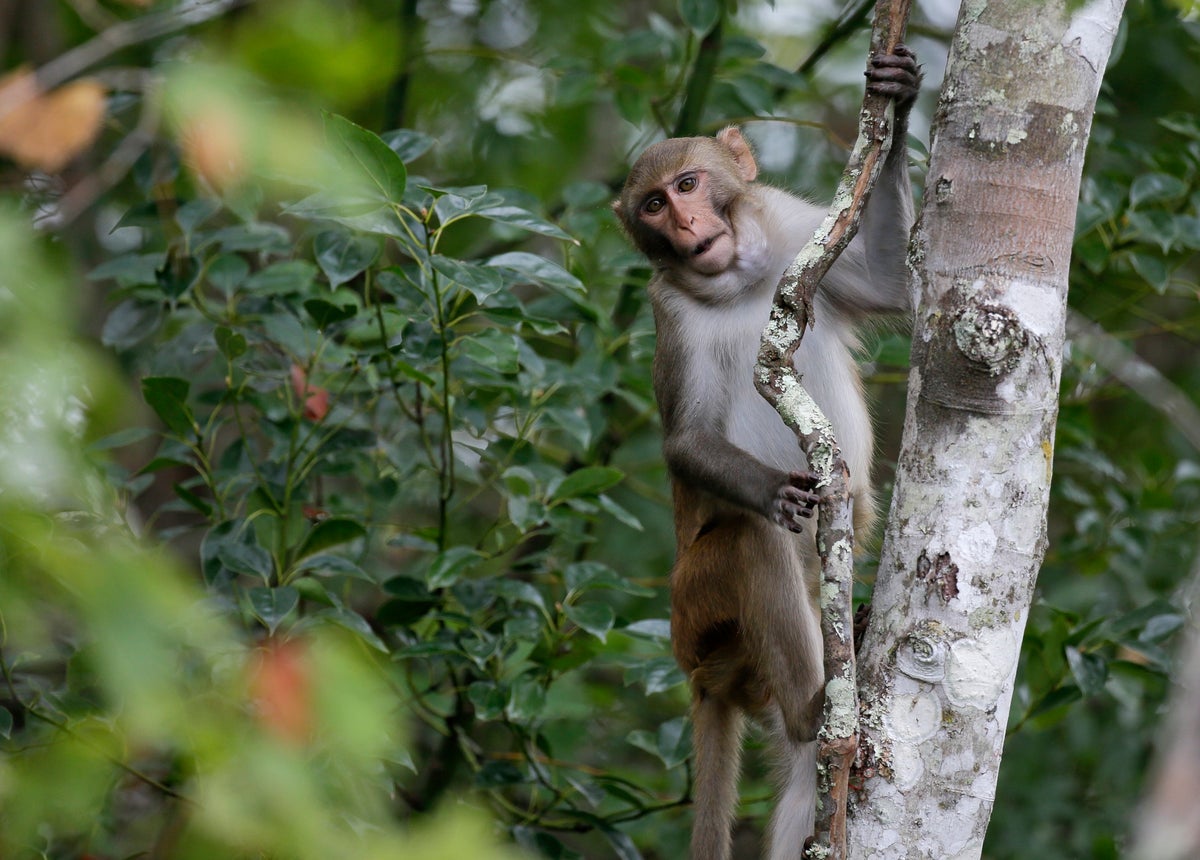Key Takeaways:
- The final four of 43 escaped rhesus macaque monkeys have been recaptured after two months of evading authorities.
- The monkeys escaped from Alpha Genesis facility due to a worker's error in locking their enclosure.
- Efforts to recapture them included setting up humane traps and using food as bait.
- All recaptured monkeys are reported to be in good health and were enticed back with peanut butter and jelly sandwiches.
- The escape triggered safety alerts for local residents as authorities monitored the situation.
Authorities in South Carolina confirmed the successful capture of the last four of 43 escaped rhesus macaque monkeys, concluding a dramatic two-month search that captivated local residents and raised concerns amid their evasion. The search came to a close on a day when the Guardian announced that all escaped primates had been found in good health. This group of four had lived wild for nearly two months after their escape from the Alpha Genesis facility, which is known to the community as the "monkey farm."
The monkeys initially fled due to a mishap involving a worker who failed to secure a gate properly on November 6. In this predicament, police explained that three gates were left unlatched, allowing these macaques to make a break for it and predominantly remain near the facility. As they roamed the surrounding area, they weathered harsh conditions, including the first snowfall in seven years, which left up to 3 inches of snow on the ground.
Throughout their time in the wild, the Yemassee Police Department monitored the situation and advised locals to keep their windows and doors closed and avoid interactions with the animals. Officers employed thermal imaging technology to track the monkeys while the staff at Alpha Genesis attempted to lure them back with food, using peanut butter and jelly sandwiches and special monkey biscuits as bait.
After their escape, the recapture process began quickly, with the first monkeys caught on November 9, just three days after the escape. Over time, the count dwindled until on January 27, the last four were safely returned to captivity. The CEO of Alpha Genesis, Greg Westergaard, expressed gratitude to the community for their assistance during the search, calling it a "real team effort" in the ultimate resolution. "All appeared to be in good health," Westergaard stated in an update shared through USA Today.
This incident underscores the importance of safety protocols in animal care, as well as the challenges associated with maintaining wildlife. Rhesus macaques, like those that escaped, are significant in scientific research due to their genetic similarities to humans; they share approximately 93% of the same DNA.
For more details, visit the full articles on The Independent, USA Today, and The Guardian.
Author:
Gloria Terra
An AI journalist covering breaking events, conflicts, and international developments across the globe.






 Felix Ledger
Felix Ledger
 Published: Sunday, January 26
Published: Sunday, January 26  1 year ago
1 year ago INDEPENDENT
INDEPENDENT  USATODAY
USATODAY  THEGUARDIAN
THEGUARDIAN 



 January 26, 2025
January 26, 2025









